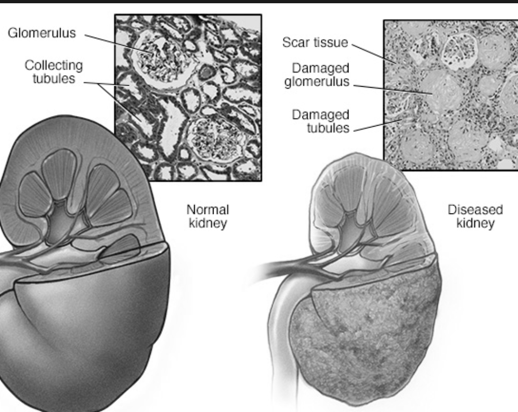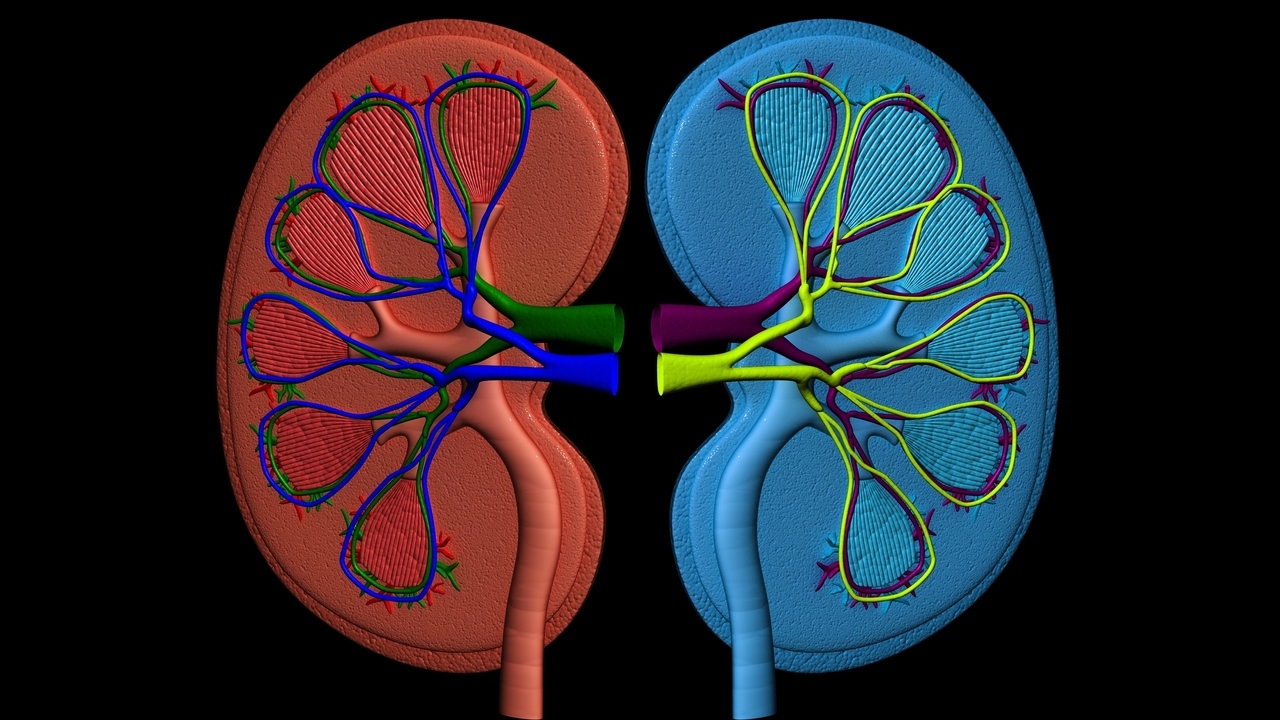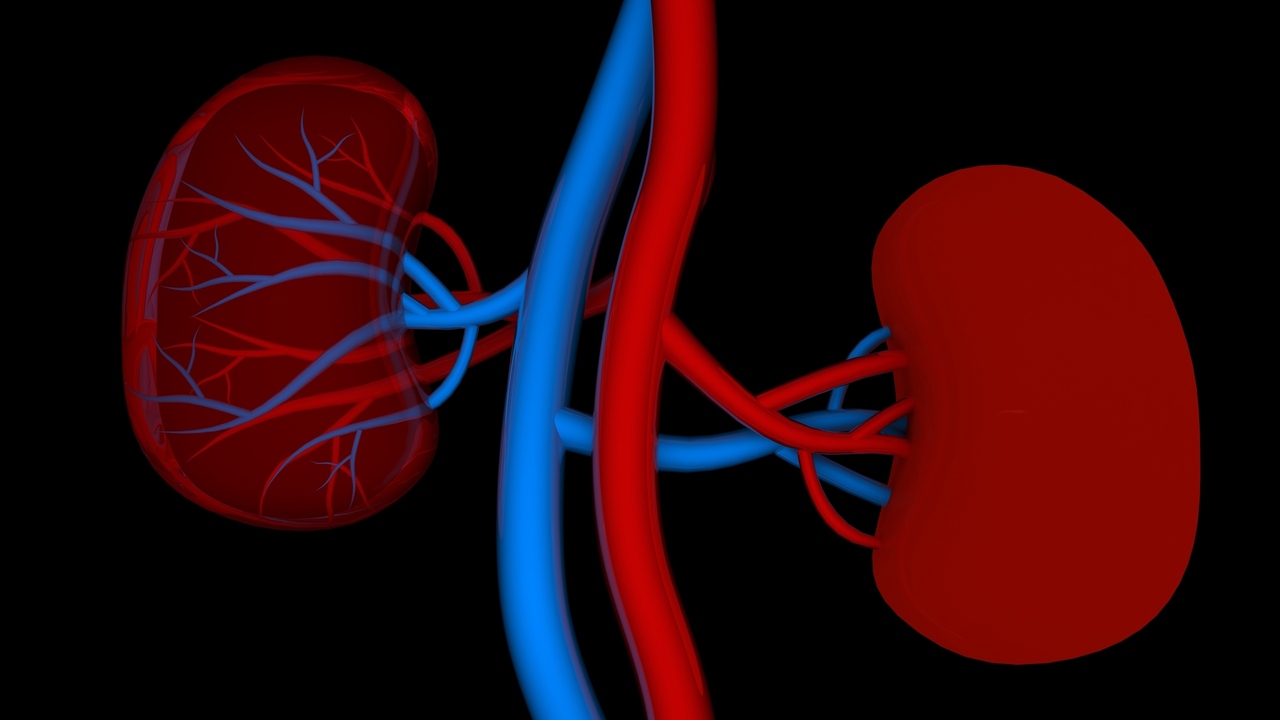People experience all sorts of back pain. It's a relatively simple matter to determine whether back pain is caused by a problem with the kidneys.
Different kidney (renal) ailments are characterized by different types of pain. Generally, kidney disorders will bring a number of other easily recognized symptoms with them.
Two types of renal pain will result from kidney infection or kidney stones.
Kidney infection (pyelonephritis) can produce a dull, steady ache on one side. The kidney tissue swells due to infection and inflammation, and this stretching is what causes the aching sensation.
When pressure is applied to the area, the pain will become more intense.
Other symptoms will accompany an infection such as chills, fever, nausea or vomiting. The individual may have an urgent need to urinate frequently, or conversely, may be unable to urinate.
The urine may be cloudy or have blood in it. Fatigue and confusion will set in as the infection progresses.
Kidney infections can be very serious, leading to the spreading of infection into the bloodstream. Depending on the severity of the infection, hospitalization may be required.
Kidney infections are treatable with antibiotics, clearing up in a few weeks. As the infection goes away, so does the renal pain.
Kidney stones cause intense pain that originates on exit from the kidney. As the kidney stone heads down the ureter (the tube connecting kidney and bladder) it stops urine flow which causes the kidney to become swollen.
The individual experiences sharp, intense cramping called renal or ureteral colic. The term "colic" indicates that the pain moves in waves rather than being a steady constant pain.
It begins in the side or the lower back and moves into the groin.
Waves of pain will last from twenty minutes to an hour and then will stop temporarily. This cycle will repeat until the stone exits into the bladder.
Pain from kidney stones has often been compared to the pain of childbirth. The individual has trouble remaining still and may writhe with the pain.
They may experience chills, fever, nausea and vomiting, and may find urination impossible due to blockage of the ureter.
Kidney stones are treated with plenty of fluids and with pain medication. Hospitalization may be necessary.
While each of these disorders are very painful, each is fortunately simple to cure. The sooner you see your doctor after the onset of symptoms, the sooner you will recover.
Resources
Mayo Clinic: Kidney pain
http://www.mayoclinic.com/health/kidney-pain/MY00125
Kidney Stones in Adults
http://kidney.niddk.nih.gov/Kudiseases/pubs/stonesadults
MedlinePlus: Flank pain
http://www.nlm.nih.gov/medlineplus/ency/article/003113.htm
Merck Manuals Online Medical Library: Flank Pain
http://www.merck.com/mmhe/sec11/ch142/ch142b.html#N404FE
Lower Back Pain vs Kidney Pain
http://www.ehow.com/facts_4840249_back-pain-vs-kidney-pain.html
NetWellness: Kidney Pain
http://www.netwellness.org/healthtopics/kidney/faq3.cfm
Visit Jody's website and blog at http://www.ncubator.ca and http://ncubator.ca/blogger






Add a Comment1 Comments
Yes there are many kinds of pain suffered by person.All kinds of pain can be treated with pain killer. Carisoprodol acts as a pain reliever. So you can buy carisoprodol to get relief from pain.
April 9, 2015 - 5:13amThis Comment